Why Do Fish Keep Their Mouths Open?
It's a common sight: fish swimming with their mouths wide open. But have you ever wondered why they do that? This behavior isn't just random—it plays a big role in their survival and communication in the underwater world.
The Science Behind Their Open Mouths
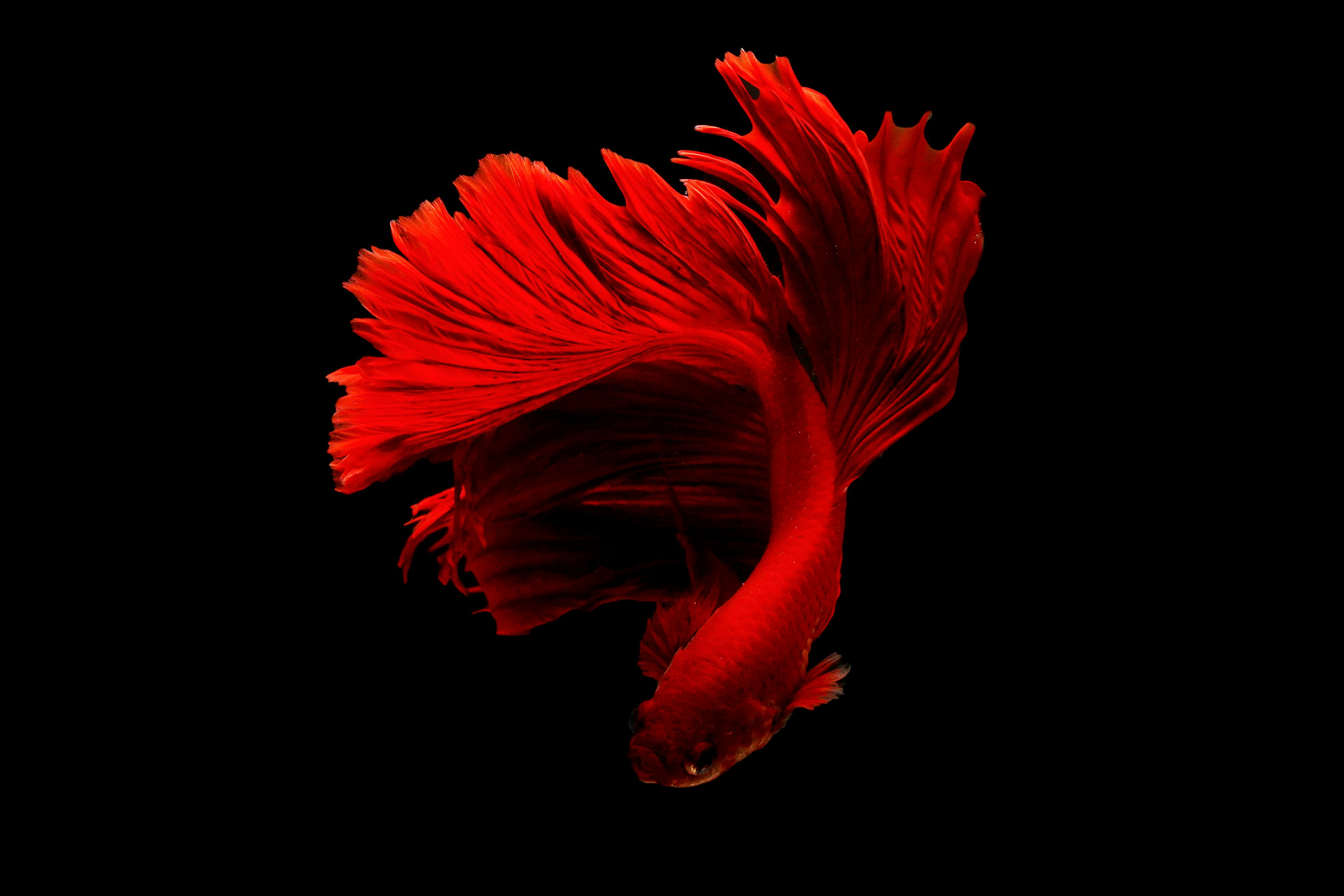
Many fish species keep their mouths open as a way to breathe efficiently. Unlike humans, fish extract oxygen from water through their gills. By swimming with their mouths open, they create a steady flow of water over their gill structures, ensuring they get the oxygen they need to stay alive. In fact, some fish, like sharks, rely entirely on this "ram ventilation" method to breathe—they must keep moving or they risk suffocation.
Feeding Techniques
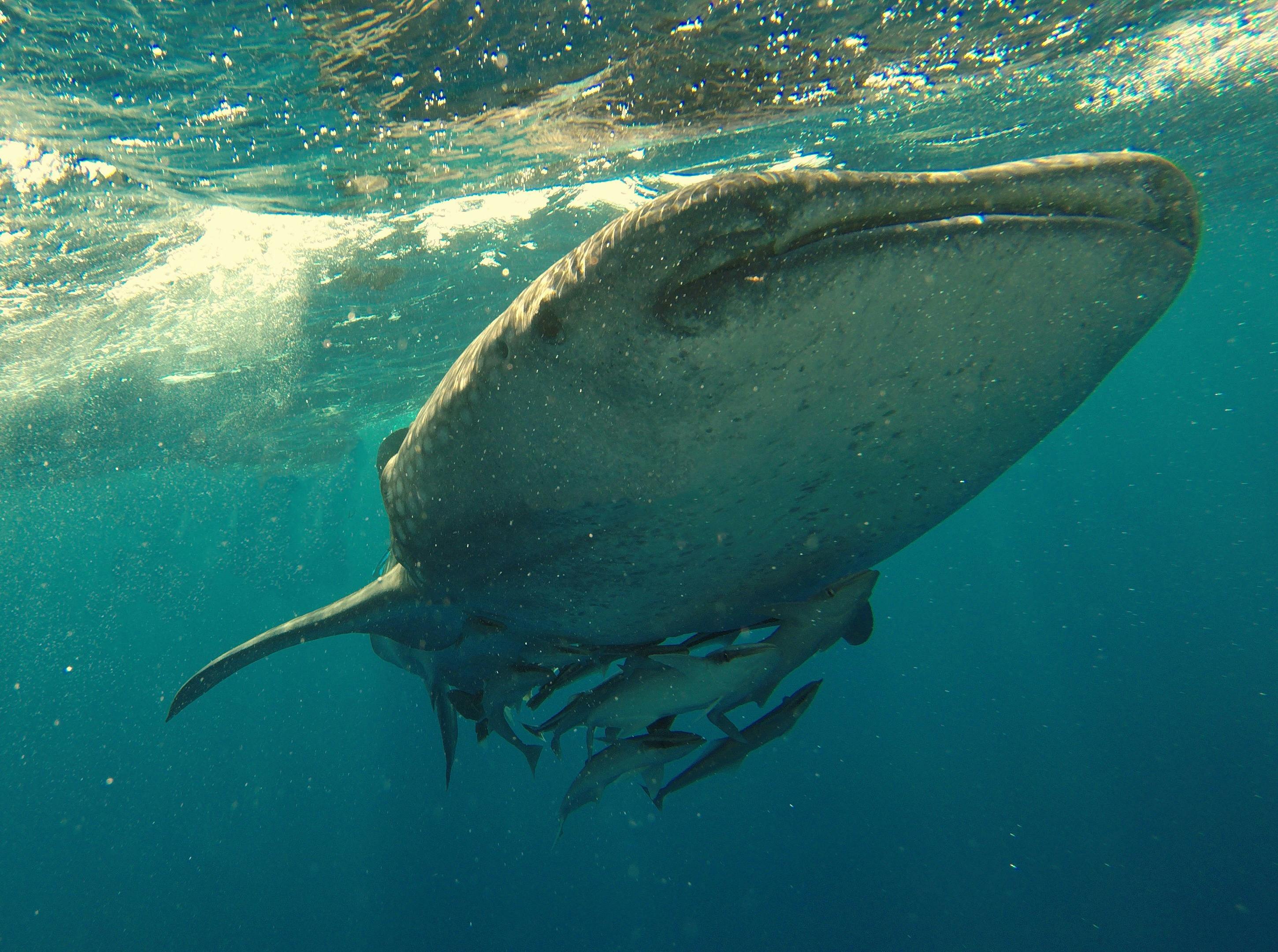
Another reason for a fish to swim with its mouth open is to feed. Certain species, such as filter feeders like whale sharks or manta rays, use their open mouths to collect food as they glide through the water. Tiny organisms like plankton get trapped, providing a constant buffet for these unique swimmers.
When Should You Be Concerned?
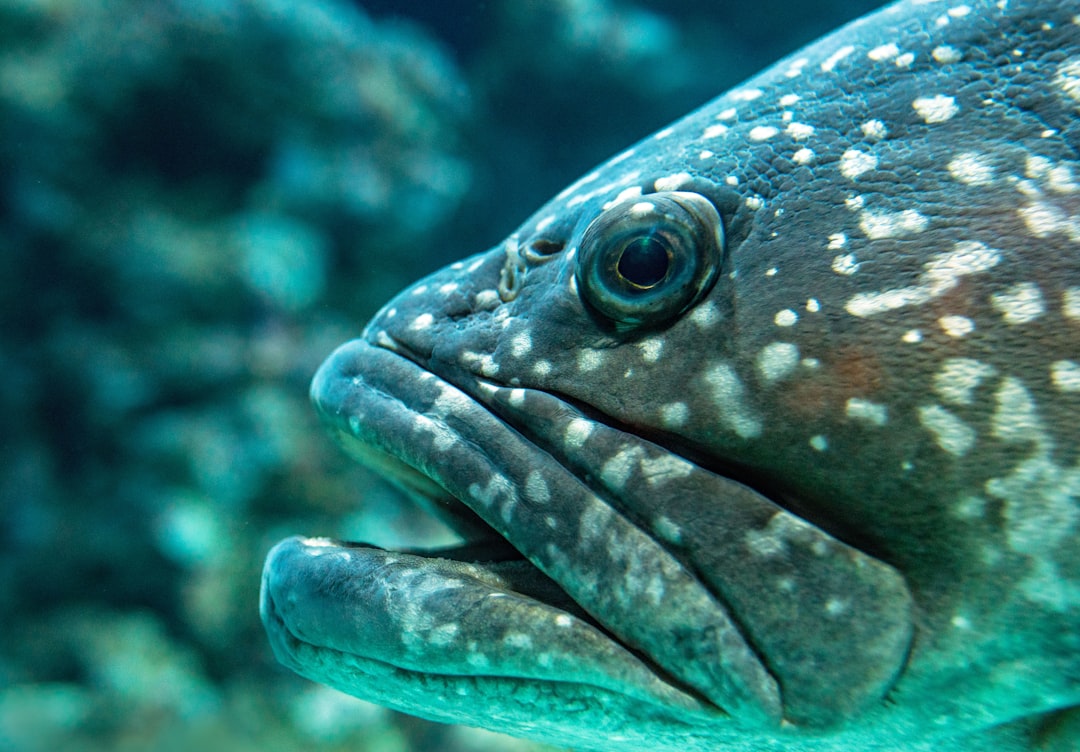
Sometimes, an open mouth in fish might indicate stress, poor water quality, or illness. For aquarists, here’s a quick reference:
| Observation | Possible Cause | Action Needed |
|---|---|---|
| Gasping at surface | Low oxygen levels | Increase aeration |
| Continuous open mouth | Gill infection or disease | Check water quality, consult a vet |
| Erratic swimming | Stress or toxins | Test and adjust tank conditions |
The Wonder of Nature
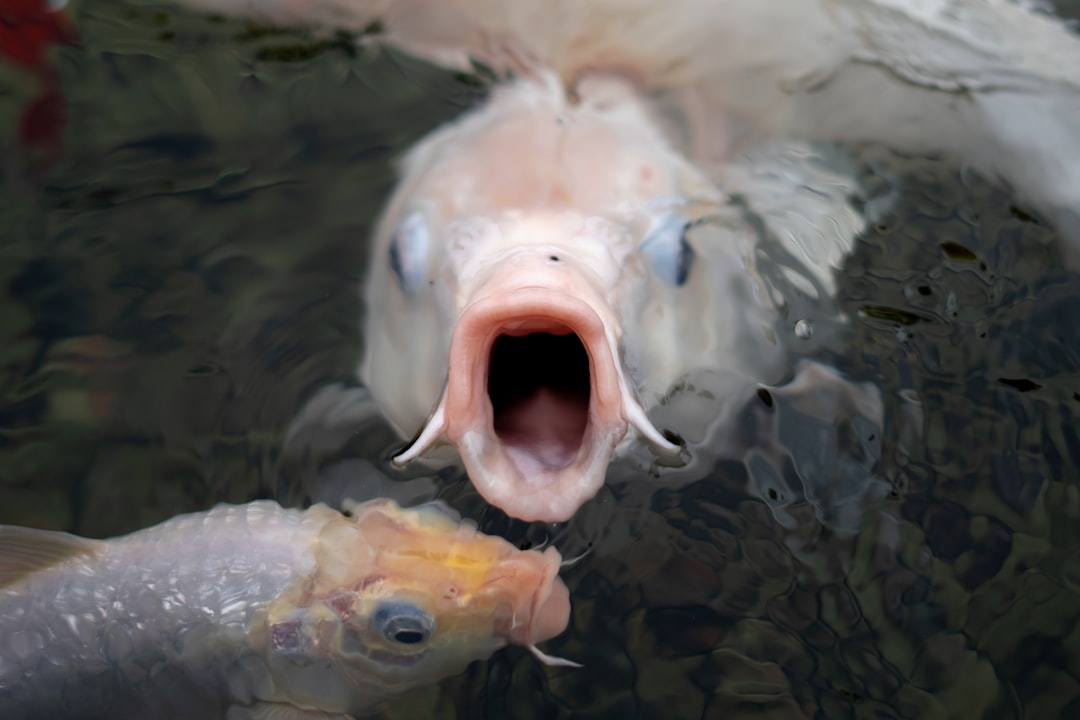
Fish behavior like swimming with open mouths isn't just fascinating—it's a testament to their adaptability and the unique ways they've evolved to thrive in aquatic environments. For instance, some species, such as the big-lip damsel, exhibit intriguing physical adaptations that align closely with their feeding and survival strategies.
Next time you spot a fish gliding by, mouth agape, you'll know it’s not just a quirky habit but an incredible part of their biology.
What's your most interesting observation about fish behavior? Let us know in the comments below!
Aquarium Fish Hideaway Cave Decor
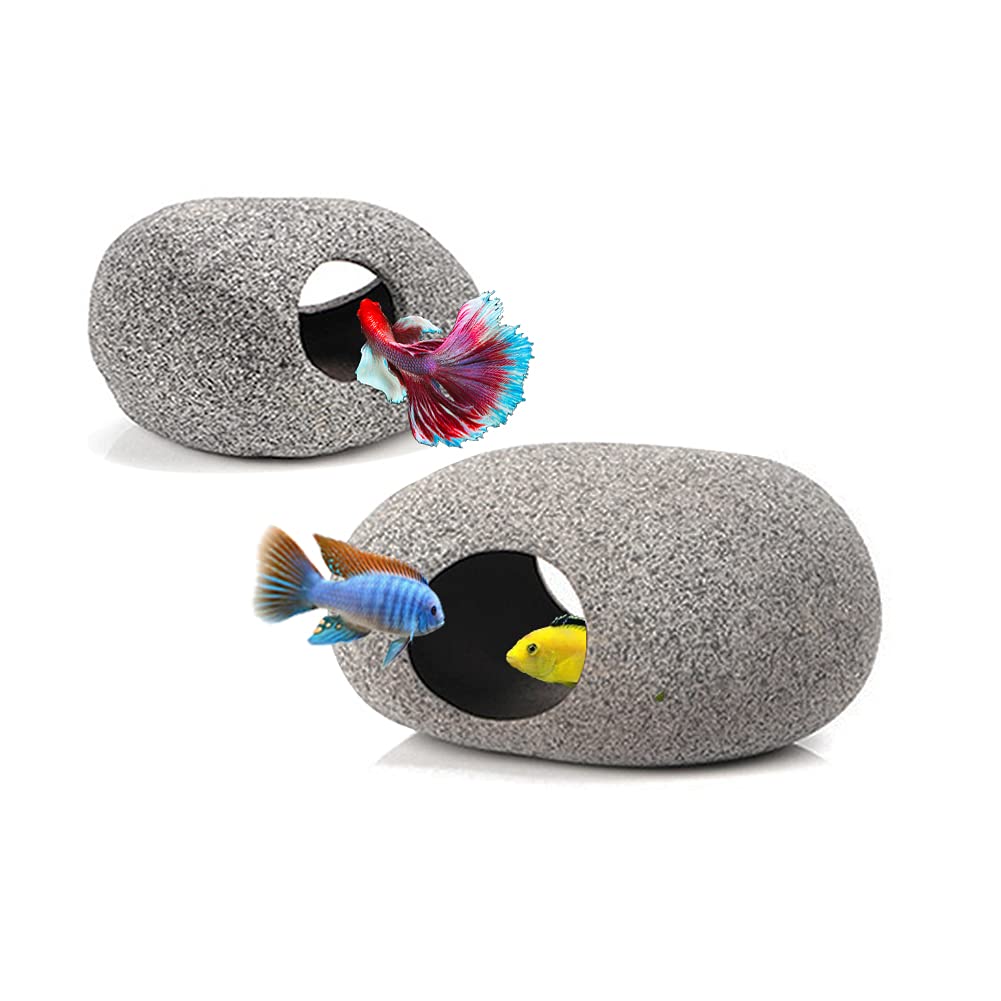
Enhance your aquatic environment with these natural-looking stone fish hideaways. Perfect for creating a serene and safe space for your fish, these caves provide shelter and a playful habitat. Made from non-toxic materials, they seamlessly blend into any tank landscape. Ideal for bettas and other small fish species, they add both aesthetic appeal and functionality, promoting a stress-free aquarium environment.
Frequently Asked Questions
Why is my fish keeping its mouth open?
A fish frequently keeping its mouth open may indicate labored breathing. This can occur due to insufficient oxygen levels in the tank or because oxygen isn't effectively reaching the fish's cells. Ensure proper water aeration and check for potential health issues.
How can I improve oxygen levels in a fish tank?
To improve oxygen levels, ensure you have a functioning aquarium filter, use an air pump or air stone, and avoid overstocking the tank. Maintaining clean water and reducing debris will also promote better oxygen exchange.
What are common reasons for labored breathing in fish?
Labored breathing in fish can result from low oxygen levels, poor water conditions, gill infections, or high ammonia or nitrate levels. Regular water testing and cleaning, along with proper tank setup, can prevent these issues.
What type of fish is known for keeping its mouth open?
White fish, along with certain predatory species, may often display an open-mouth posture during feeding or as part of breathing behaviors. Observing the fish's environment and habits can help distinguish normal from concerning behaviors.
What steps should I take if my fish isn't breathing properly?
If your fish isn't breathing properly, first test the water quality for pH, ammonia, and oxygen levels. Clean the tank, improve aeration, and consult a vet if symptoms persist, as it might indicate infections or other health concerns.
In conclusion, isn't it fascinating how such simple behaviors in fish open up a whole new world of survival strategies and communication? If you're hooked and want to dive deeper into these underwater mysteries, why not connect with us on social media? Our Pinterest board is a treasure trove of beautiful fish photos and interesting facts that might just inspire your next aquarium makeover. Follow us on Instagram for stunning aquatic imagery that captures the vibrant life beneath the waves. You can also join the conversation on X (formerly Twitter) where we share the latest in marine discoveries and fishy fun facts. Don't forget to like our Facebook page to stay up to date with all that we post. We love hearing from fellow fish enthusiasts and are eager to connect with you, so drop by and say hello!
